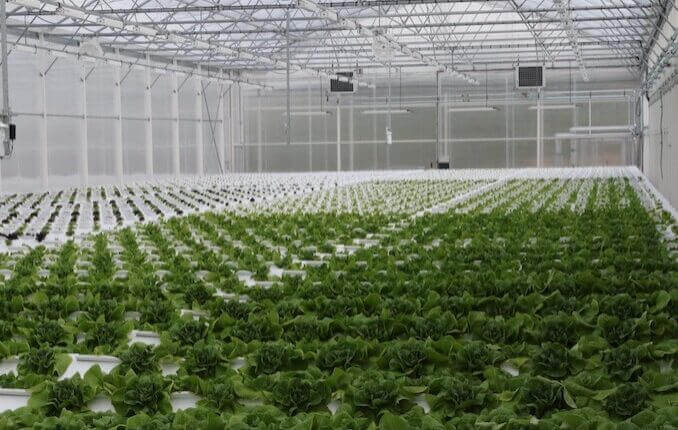Have you ever experienced this guilty feeling when you take a yogurt from your fridge and realize from its mouldy look that it is expired? Or when you are at the restaurant, don’t manage to eat the entire portion and have to watch the waiter taking your half-full plate back in the kitchen ?
Food waste in industrialized countries happens wherever food is available, whether it be at the store, at home or at the restaurant. According to the Food and Agriculture Organization of the UN, almost 10% of the food suitable for human consumption ends up thrown away. As a result, natural resources such as water and land are more exploited and the global food losses and waste cost $940 billions per year to the economy and generate about 8% of global GHG emissions.
An innovative automated food waste management solution for the hospitality industry.
This issue can be tackled at different scales. From raising awareness on the consumer’s side to adopt better food shopping and storing habits, to inciting retailers to modify their traditional storing practices – which allows perfectly edible fruits and other products to be simply thrown away instead of being sold at discount prices or given to charity – many of these solutions are a matter of changing behaviors and are easily applicable.
The economic argument also weighs in the balance. In addition to saving food, restaurants could also save quite a lot of money by applying these good practices. A Global study, described in The Guardian, concluded that for every £1 invested in reducing waste, restaurants could make £7 of profit.
If we focus on the hospitality industry, the main challenges lie in the calculation of quantity and storing of food supply. Adjusting the amount of food for each meal according to what is really needed requires to carefully keep track of which ingredient is used in excess and in which meal.
So how to facilitate this task for restaurants and canteens?
Anastasia Hofmann and Naomi MacKenzie, have pondered the question and, in November 2017, they founded KITRO, a Swiss based company that developed an innovative solution to help the hospitality sector to better address these operational inefficiencies.

The KITRO kit consists of a hardware device and a software. The hardware is composed of an electronic housing box attached above the waste bin of the kitchen and of a scale. It times, weighs and takes pictures of all the waste thrown in the bin.
All data collected is then sent to the software which uses image processing and deep learning to analyze the information and provide the customer with an overview that can be accessed via a web based dashboard.
Thanks to KITRO, restaurants can reduce avoidable food waste by up to 60%, increase their food profit margin by 2 to 6% and reduce CO2 emissions, water and land usage.
Many outlets have already adopted this solution and their testimonies leave no room for doubt!
Written by Anouk Rieben



